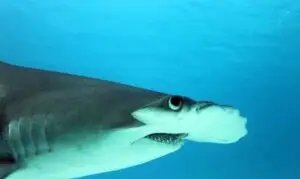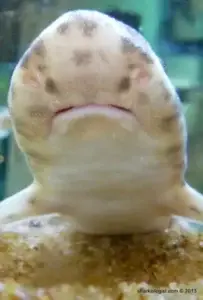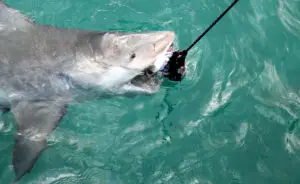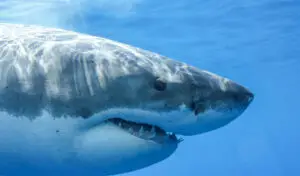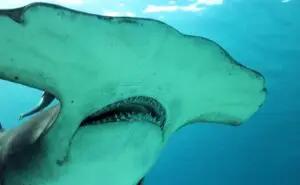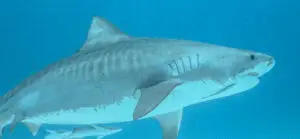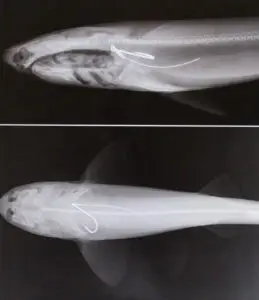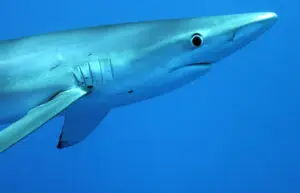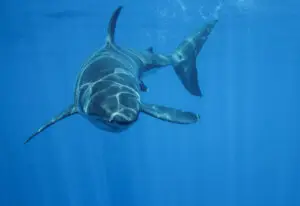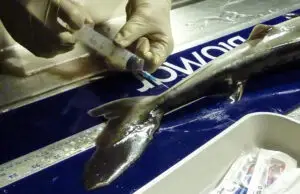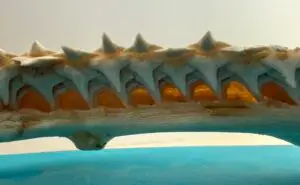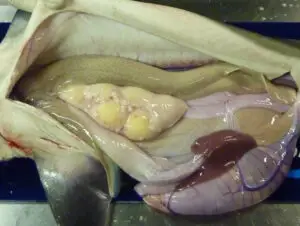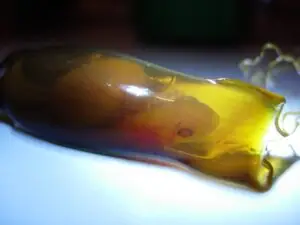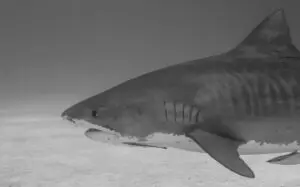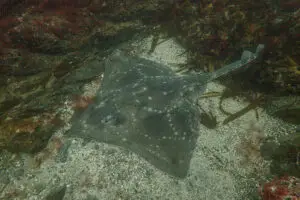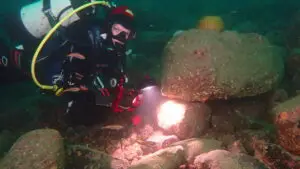Discover.
Elasmobranchs
Elasmobranchs first evolved over 400 million years ago. They are superbly adapted to their environment, showing remarkable diversity and variation in their physical appearance, their biology, and their behaviour. They inhabit every ocean on the planet and yet, they are under ever-increasing pressures which challenge their ability to survive.
Threats
Commercial over-fishing is by the far the greatest threat to elasmobranchs. They are targeted for their meat, fins and liver oil. Additional pressures such as the destruction and pollution of their habitat, the demand for shark cartilage (although usually taken from sharks already killed by fisheries), poor angling practices, ocean acidification and climate change as well as poorly managed wildlife tourism are all factors contributing to the decline of shark populations worldwide. Collectively these threats result in an estimated figure of between 63 and 273 million sharks being killed every year by humans.
Discover Sharks
Safeguard
As most elasmobranch species grow slowly, mature late and give birth to relatively few pups, they simply cannot sustain these pressures, thus many species have been severely depleted, with population numbers recovering very slowly if at all. The need for effective management practices and crucially the enforcement of these, are essential to safeguard sharks.
Introduction to Sharks
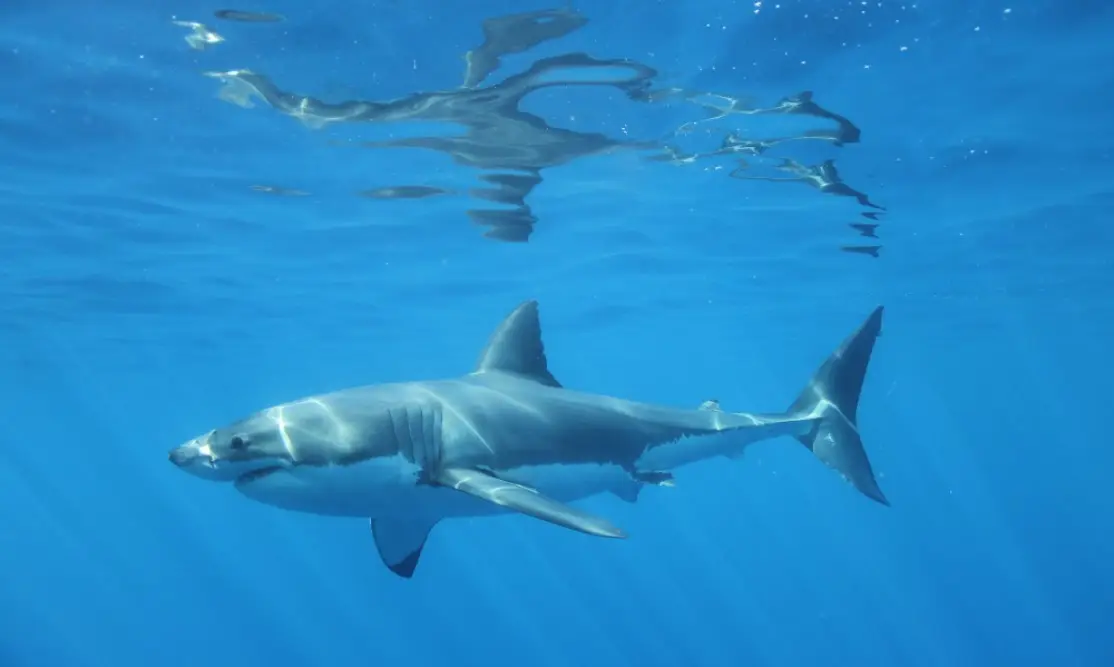
General Introduction
Elasmobranchs first evolved over 400 million years ago. They are superbly adapted to their environment, showing remarkable diversity and variation in their physical appearance, their
Evolution and Classification
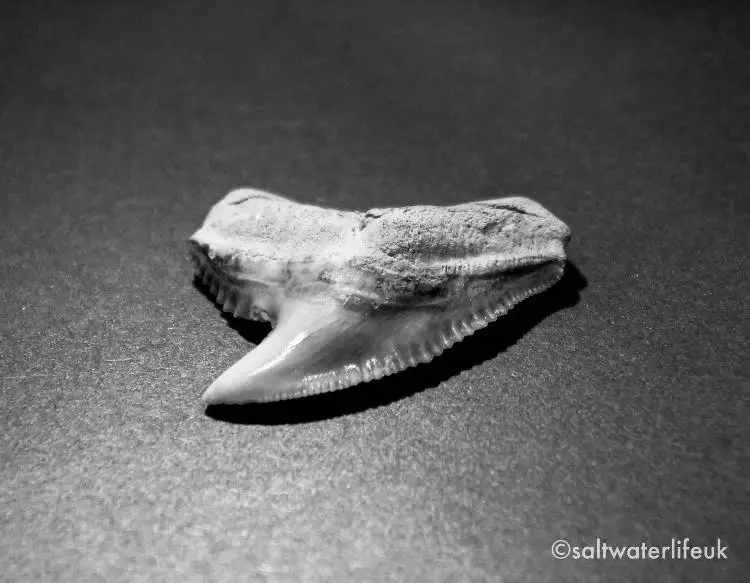
Shark Evolution and Classification
Chondrichthyan fish or “true sharks” with cartilaginous skeletons, first emerged during the Silurian period around 450 mya. When they diverged from the Osteichthyes (fish with
Why do our oceans need sharks?
Providing balance within ecosystems: The fact that shark species are so diverse and inhabit every ocean on the planet makes them key players essential to the ocean environment.
The removal of sharks from an ecosystem, will directly affect the population numbers of their prey species as well as indirectly impacting other species within the ecological community. For example, the presence of sharks around seagrass meadows minimizes the impacts of seagrass grazing species and prevents over-grazing of this crucial habitat which supports a variety of different fish, shellfish and bird populations.
Seagrass itself is also important because it sequesters carbon from the atmosphere, storing it within itself and within the sediment preventing it from entering the atmosphere and contributing to climate change, thus the consequences of removing shark species from a particular habitat can have indirect and far-reaching consequences.
Thus the ecological roles of sharks in ecosystems are complex, not all effects are linear, (top-down) and it is important to remember that the majority of sharks species are not large (<1m as adults) and are mesopredators, some are specialist predators, others generalist predators, occupying different roles within the food web affecting the connectivity of these species within the marine ecosystem.
The functioning of the ocean ecosystem is vital to all life on earth.
Shark Senses
Explore Shark Senses
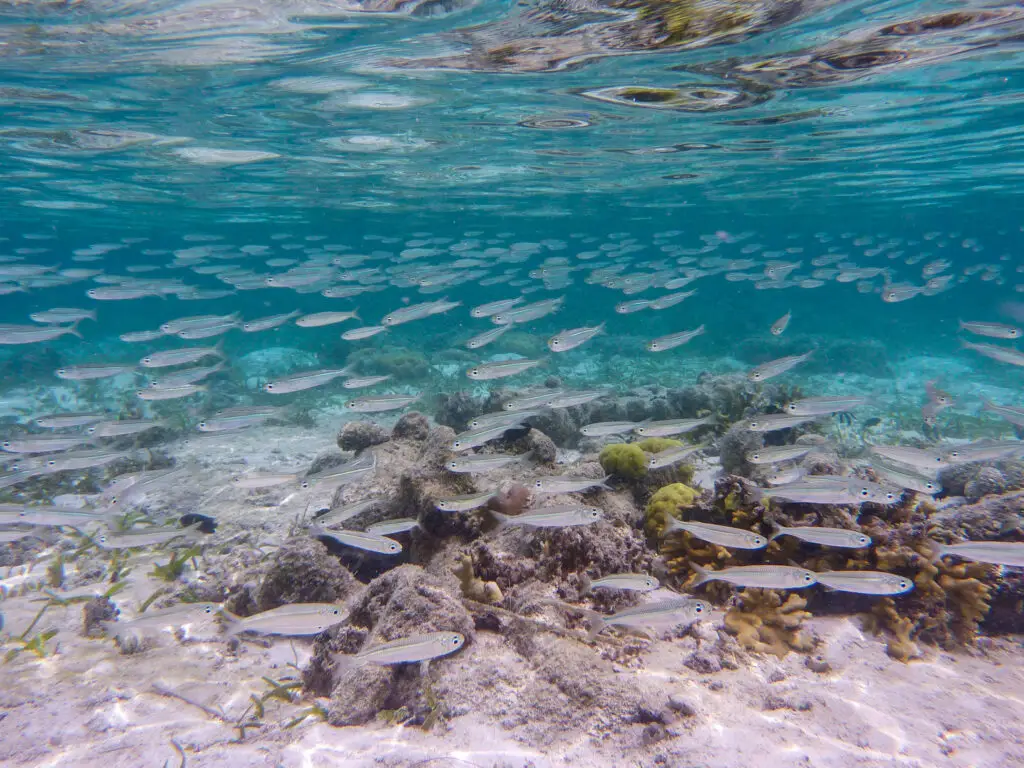
Shark Habitat
Sharks inhabit every ocean on the planet, across varied marine environments, tropical coral reefs, cold arctic waters, deep seas, open ocean, coasts, estuaries and even a few species can be found in freshwater. Where sharks are found depends on their physiological capabilities and adaptations to a given environment as well as ecological factors such as abundance of prey, competition, probability of finding a mate etc.
Shark Physiology
Explore Shark Physiology
Shark Encounters
Click the pins on the map to show personal Shark encounters
Click to read more of laurens Shark encounters
Publications and Research
Shark Habitat
Use this section to describe your company and the services you offer. You could share your company’s story and details about why you are in business. The goal is to create a connection with the visitor and give them confidence to work with you.

Discover
Use this section to describe your company and the services you offer. You could share your company’s story and details about why you are in business. The goal is to create a connection with the visitor and give them confidence to work with you.


Our Mission
A short paragraph describing your company’s goals or mission statement. This section is meant to help visitors understand the purpose of your business.
Lorem ipsum elementum tempus egestas sed sed. Eget nullam non nisi est sit amet facilisis magna. Venenatis cras sed felis eget velit aliquet sagittis id consectetur. Ipsum dolor sit amet consectetur adipiscing. Magna sit amet purus gravida quis. Praesent tristique magna sit amet purus. Turpis nunc eget lorem dolor sed. Dui id ornare arcu odio ut.
Why Choose Us
A short paragraph describing what your service offers and how it helps clients. This is your chance to convince the visitor that your business is the right choice for them.


